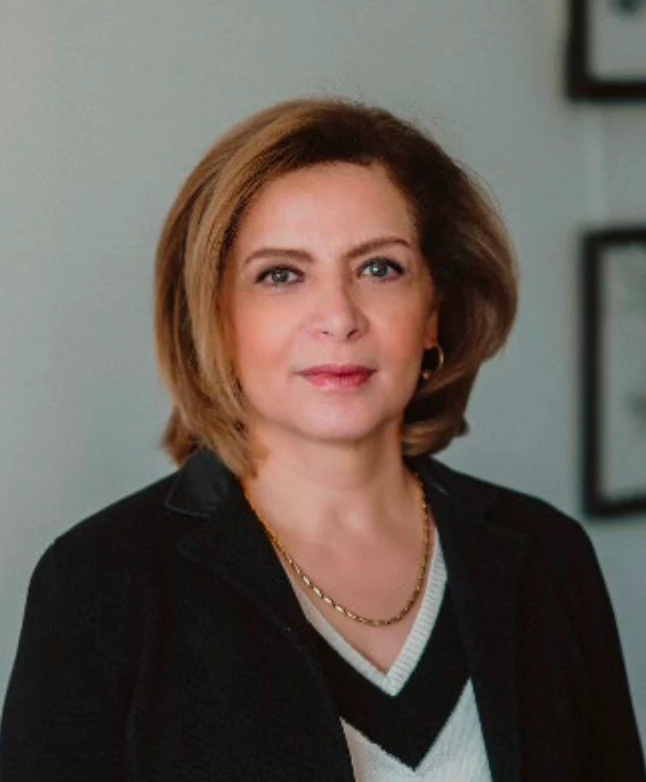 Home learning during COVID-19 pandemic, Baghdad, Iraq, 2021. (Photo credit: Anmar Qusay / World Bank)
Home learning during COVID-19 pandemic, Baghdad, Iraq, 2021. (Photo credit: Anmar Qusay / World Bank)
The most precious resource Iraq has is its people. The Iraq Human Capital Review titled a "Roadmap to Human Capital Recovery in Iraq" provides a wide picture of the country‘s state of human capital. Launched recently by the World Bank, in partnership with the Ministry of Planning of Iraq, the report comes at a critical point in the country’s development path of economic growth following years of conflict. The report conveys that sustainable economic growth for Iraq depends on human capital — the knowledge, skills, and health people accumulate over a lifetime — that enables individuals to learn, work, create businesses, contributing to more prosperous, resilient, and equitable societies. This has been a central feature of Iraq’s development in the past but has faced challenges in recent times.
Decades of conflict have disrupted Iraq's efforts to build human capital. The COVID-19 pandemic further exacerbated the situation, with school closures and economic hardship leading to significant learning losses and health setbacks. The pandemic's impact could result in up to US$63 billion in lost future earnings for Iraqi youth.
Adding to this is Iraq's vulnerability to climate change, which threatens food and water security, health, and economic stability. As one of the most climate-vulnerable countries globally, Iraq must navigate the combined challenges of rebuilding human capital and mitigating environmental risks.
The World Bank's Human Capital Review (HCR) provides a comprehensive look at the gaps in human capital at every stage of life. It identifies challenges in early childhood development, during school age, and during working age, while also having significant impacts on healthy aging.
Recognizing these challenges, the Government of Iraq has embarked on a concerted effort to prioritize human capital development. National strategies such as the National Development Plan 2023–2027 and the Iraq National Education Strategy 2022–2031 provide a framework for addressing these challenges. These plans focus on improving education, healthcare, and social protection services, while also aiming to create a more socially responsible economy.
However, transforming these strategies into real outcomes requires sustained reforms, effective governance, and adequate public financing. A national consensus that prioritizes human capital investment is essential for the country's future.
It is encouraging to see that this national consensus is emerging. The first Human Capital Forum recently convened by the Iraqi Ministry of Planning highlighted opportunities to address the challenges. Iraq has the potential to harness its young population as a driver of economic growth, but this requires bold action. Closing service delivery gaps in education and healthcare, expanding access to social protection, and creating jobs, especially for women and youth, are key priorities.
The demographic dividend that Iraq's youthful population offers can only be realized through sustained investments in human capital. If reforms are implemented effectively, Iraq can transform its current challenges into opportunities, ensuring a more equitable and prosperous future for all its citizens.
Now is the time for Iraq to ramp up investments in its people and pave the way for long-term, sustainable growth. This commitment is being realized through action, giving hope that Iraq will continue to invest in its most precious resource, its people. With the right policies, governance, and public commitment, Iraq can unlock the full potential of its human capital and build a brighter future for the next generation.
The importance is relayed so eloquently through Epic of Gilgamesh. In this Epic, Gilgamesh details his adventurous quest for immortality. He later discovers that his immortality, his legacy, is through what he leaves behind in terms of development, both physical and human. Such is the rich history of Iraq, and such is a path forward for human development in Iraq.



Join the Conversation